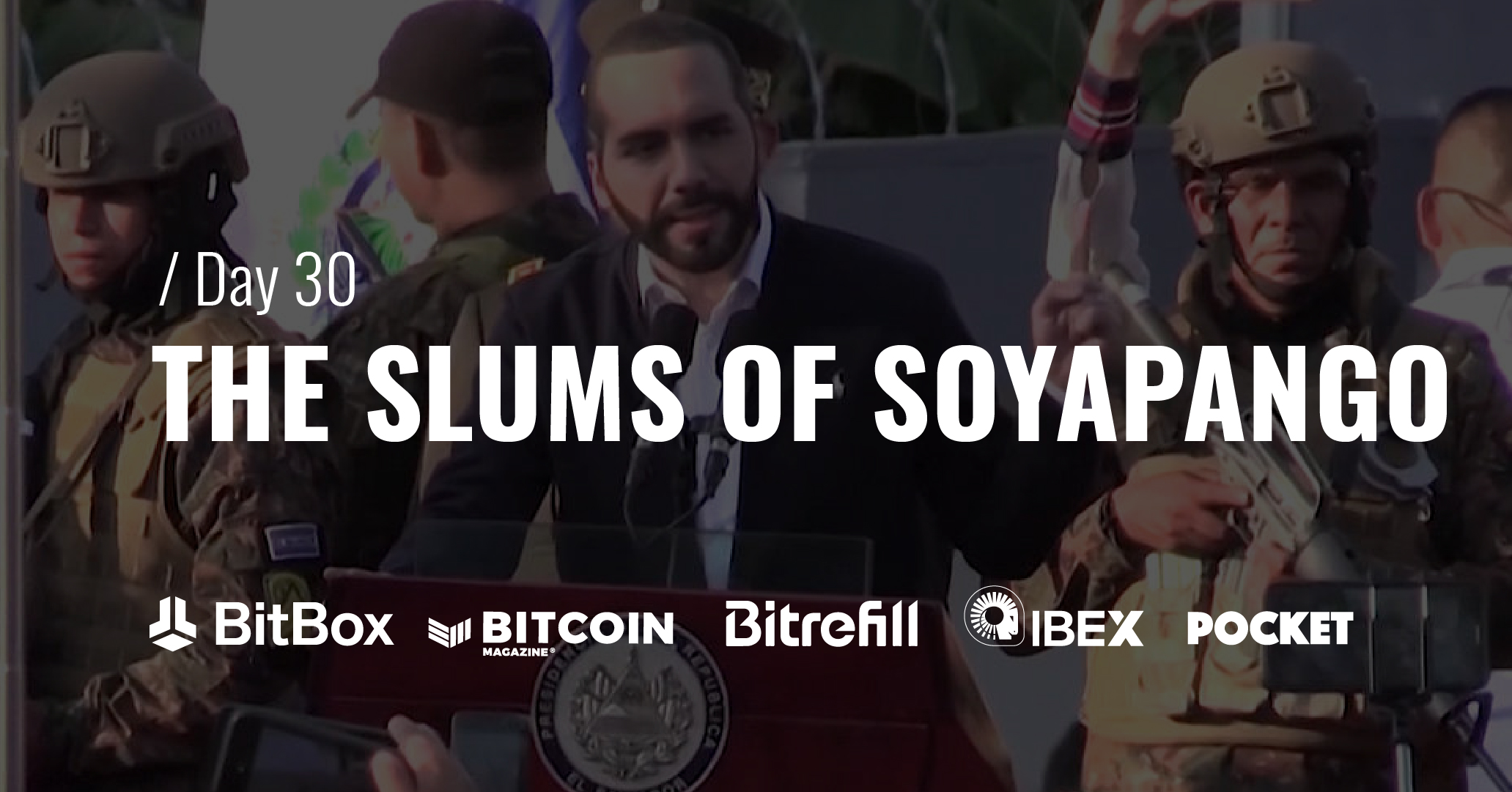

A few days ago El Salvador’s President Bukele announced that an immense police operation was underway. The satellite city of San Salvador Soyapango was surrounded by 8,500 military and 1,500 police officers who searched house to house for gang members still hiding in the area. More than 150 arrests were counted.
Soyapango is one of the most difficult realities in the country. Almost three hundred thousand inhabitants. Within it there are several comunidad. This is the name used here for slams. Or favelas, if you prefer.
The ironic thing is that two days before the police operation I visited two different neighborhoods, the very poor Ciudad de Dios, which stands on an old landfill, and the violent Santa Lucia, one of the historical lairs of criminal gangs.
The only reason I was able to enter these places is that the pandilleros, the gangsters, have been hit hard by the government crackdown in recent months. Many have been arrested and those who escaped arrest have left the area. At least that’s what I was told. Apparently not all of them. In any case if I had tried to enter here a year ago my own life would have been in danger. Nevertheless as a precaution I have a local driver, only rarely will I be allowed to get out of the car, and we are escorted by a person known in the neighborhood, who rides ahead of us on a motorcycle. Our guide comes from these streets, has lived five years under a bridge, and has a history of drug addiction from which he came out with the help of a community.
It was an enlightening day for me. Necessary.
We have to come to terms with the last people in this country. We cannot ignore them. According to official data in El Salvador, 26 percent of the population lives below the extreme poverty line. That’s 1.7 million people. Yet many of the bitcoiner tourists who come to this country poverty is the lady who sells papusas on the street corner. It is not. The lady is an entrepreneur. She has a store. Poverty, the real kind, is hidden in huge neighborhoods made of tin houses. Without running water, sewage or electricity. Invisible cities, where no one goes and no one talks about.
This is a serious mistake.
If we want Bitcoin to succeed in this country, we must improve the living conditions of these people as well. Because they are the ones who need it most and because it is their poverty, the police operation of the past few days shows us, that fuels crime.
In the coming days I will post the images I took in Soyapango in the new vlog. It will not be funny. It will be a blow to the stomach. But it is necessary. My work here is also that.